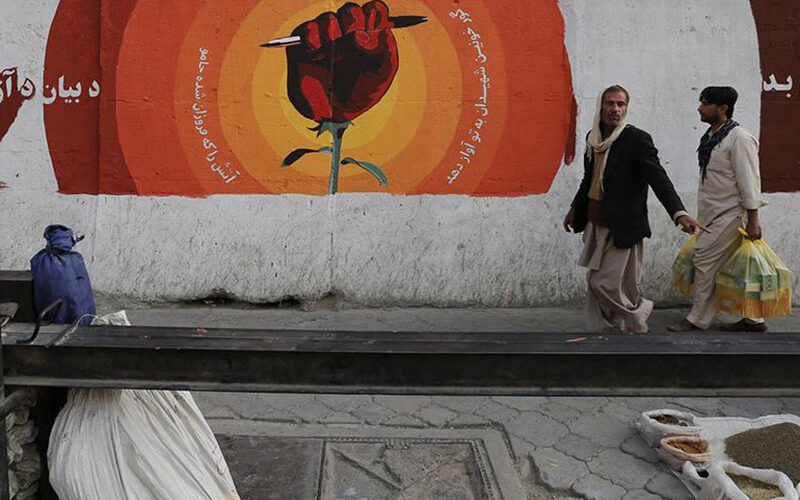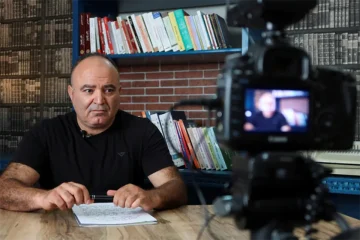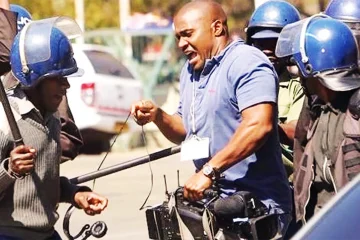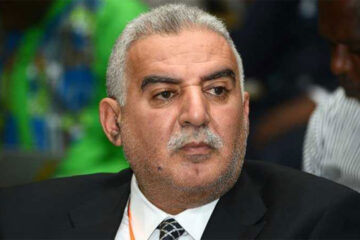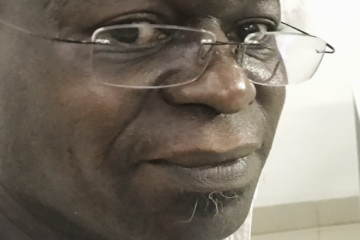In the past fourteen years (2006-2019), close to 1,200 journalists have been killed for reporting the news and bringing information to the public. In nine out of ten cases the killers go unpunished. Impunity leads to more killings and is often a symptom of worsening conflict and the breakdown of law and judicial systems.
These figures do not include the many more journalists, who on a daily basis suffer from non-fatal attacks, including torture, enforced disappearances, arbitrary detention, intimidation and harassment in both conflict and non-conflict situations. Furthermore, there are specific risks faced by women journalists, including sexual attacks.
Worryingly, only one in ten cases committed against media workers over the past decade has led to a conviction. This impunity emboldens the perpetrators of the crimes and at the same time has a chilling effect on society including journalists themselves. Impunity breeds impunity and feeds into a vicious cycle.
When attacks on journalists remain unpunished, a very negative message is sent that reporting the “embarrassing truth” or “unwanted opinions” will get ordinary people in trouble. Furthermore, society loses confidence in its own judiciary system which is meant to protect everyone from attacks on their rights. Perpetrators of crimes against journalists are thus emboldened when they realize they can attack their targets without ever facing justice.
UNESCO is concerned that impunity damages whole societies by covering up serious human rights abuses, corruption, and crime. Read and share the stories of killed journalists #TruthNeverDies.

Events
The World Press Freedom Conference 2020 on 9 and 10 December 2020, convened by UNESCO and the Kingdom of the Netherlands celebrates jointly World Press Freedom Day (3 May) and the International Day to End Impunity for Crimes against Journalists (2 November) in a new, innovative format, merging digital and in-person elements.
The session on 10 December 2020, entitled “Strengthening investigations and prosecutions to end impunity for crimes against journalists” will include the presentation of guidelines for prosecutors on investigating and prosecuting crimes and attacks against journalists, developed in partnership with the International Association of Prosecutors.

Background
The United Nations General Assembly proclaimed 2 November as the ‘International Day to End Impunity for Crimes against Journalists’ in General Assembly Resolution A/RES/68/163. The Resolution urged Member States to implement definite measures countering the present culture of impunity. The date was chosen in commemoration of the assassination of two French journalists in Mali on 2 November 2013.
This landmark resolution condemns all attacks and violence against journalists and media workers. It also urges Member States to do their utmost to prevent violence against journalists and media workers, to ensure accountability, bring to justice perpetrators of crimes against journalists and media workers, and ensure that victims have access to appropriate remedies. It further calls upon States to promote a safe and enabling environment for journalists to perform their work independently and without undue interference.
World Press Freedom Conference (WPFC) 2020
The theme of WPFC 2020 (9-10 December) is ‘Journalism without Fear or Favour.’ The aim of WPFC is to ensure that journalists can work freely, safely and independently, now and in the future. WPFC 2020 will be a highly interactive and participatory conference, merging digital and in-person elements. Register >>
Report on the Safety of Journalists and the Danger of Impunity
The UNESCO Director-General’s Report is a unique mechanism within the UN system for monitoring the killings of journalists. It was first published in 2008. The report is submitted every two years to the International Programme for the Development of Communication (IPDC).
Why do we mark International Days?
International days are occasions to educate the public on issues of concern, to mobilize political will and resources to address global problems and to celebrate and reinforce the achievements of humanity. The existence of international days predates the establishment of the United Nations, but the UN has embraced them as a powerful advocacy tool. We also mark other UN observances.

